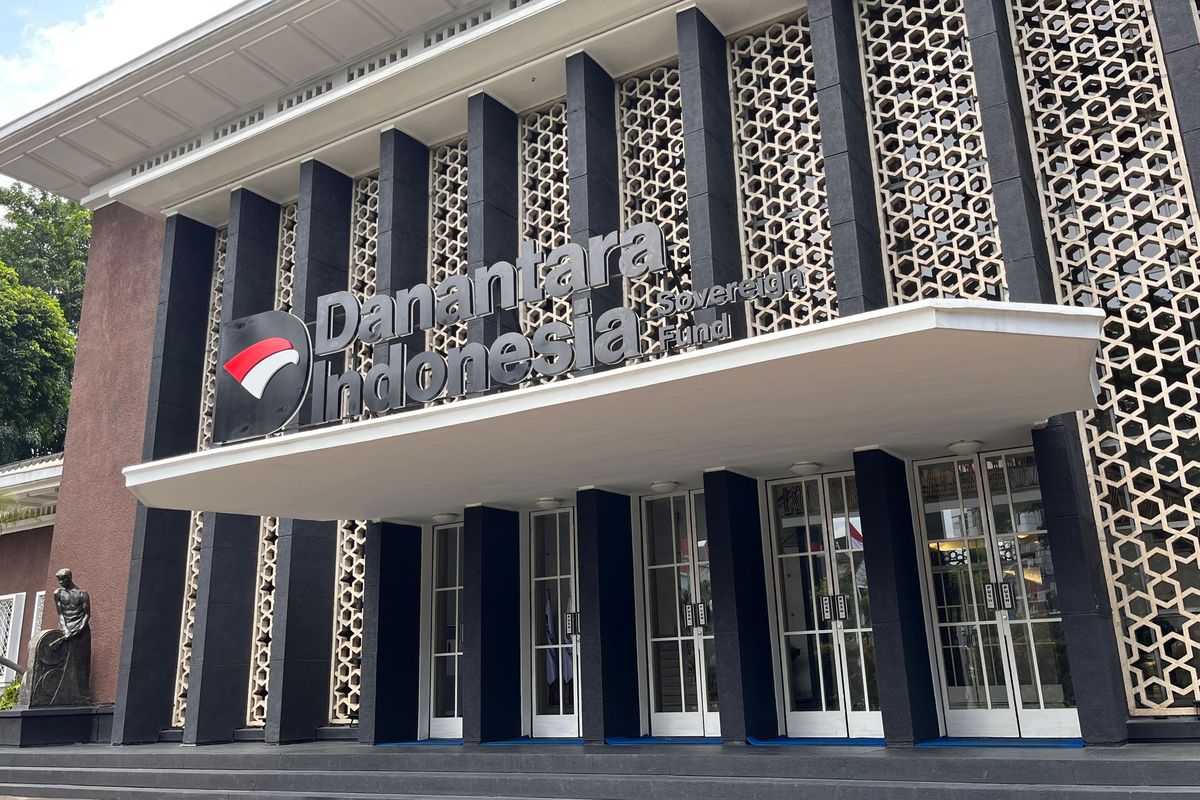Indonesia has launched Danantara, a new sovereign wealth fund (SWF) managing approximately $900 billion in assets. The fund consolidates Indonesia’s state-owned enterprises (SOEs) and seeks to mirror the success of Singapore’s Temasek Holdings. However, concerns regarding governance and political influence have emerged, raising questions about its long-term impact on Indonesia’s economy.
Leadership’s Commitment to Transparency and Accountability
Danantara’s Chief Investment Officer, Pandu Sjahrir, emphasized the fund’s goal of operating with full transparency and professional management. “The spirit is, number one, full transparency. We will behave like a public company,” he stated. He also stressed the high caliber of professionals leading the fund, ensuring ethical governance and strategic decision-making.
Control Over Indonesia’s State-Owned Enterprises
Danantara has full control over Indonesia’s largest SOEs, with the seven biggest entities holding $570 billion in assets—equivalent to 40% of the country’s GDP. The fund is positioned to merge, privatize, or liquidate underperforming enterprises in an effort to improve efficiency and drive national economic growth.
Investment Strategy and Economic Implications
The fund plans to invest billions of dollars derived from SOE dividends, which previously contributed to the national budget. Pandu projected that Danantara will receive $8–$10 billion annually, amounting to $40–$45 billion over five years, excluding additional funding from bonds or third-party investors. Initial investment targets include:
- A joint venture with a leading battery manufacturer
- An electric vehicle project with a major Chinese automaker
- A healthcare initiative focused on blood plasma production
- A data center investment connecting China and the Middle East
Market Reactions and Governance Concerns
Despite its strategic ambitions, Danantara has faced criticism over governance risks and potential political interference. Indonesia’s stock market has struggled, ranking among the worst performers globally in 2024, while the rupiah trades near Asian Financial Crisis levels. Market volatility has been exacerbated by President Prabowo Subianto’s spending policies, raising concerns about fiscal sustainability.
High-Profile International Advisory Board
To enhance credibility, Danantara has assembled a distinguished international advisory board, including:
- Ray Dalio, hedge fund manager and founder of Bridgewater Associates
- Jeffrey Sachs, renowned U.S. economist
- Thaksin Shinawatra, former Prime Minister of Thailand
This move aims to boost investor confidence and reinforce Danantara’s commitment to global best practices in sovereign wealth fund management.
Long-Term Fiscal Impact and Policy Considerations
Economists warn that Danantara’s dependence on SOE dividends could widen Indonesia’s budget deficit, surpassing the 3% GDP limit mandated by law. The timeline for investment returns remains uncertain, and the fund’s potential use of debt financing raises concerns about future fiscal liabilities.
PHOTO: KOMPAS.COM/YOHANA ARTHA ULY
This article was created with AI assistance.
Read More






 Friday, 27-02-26
Friday, 27-02-26







